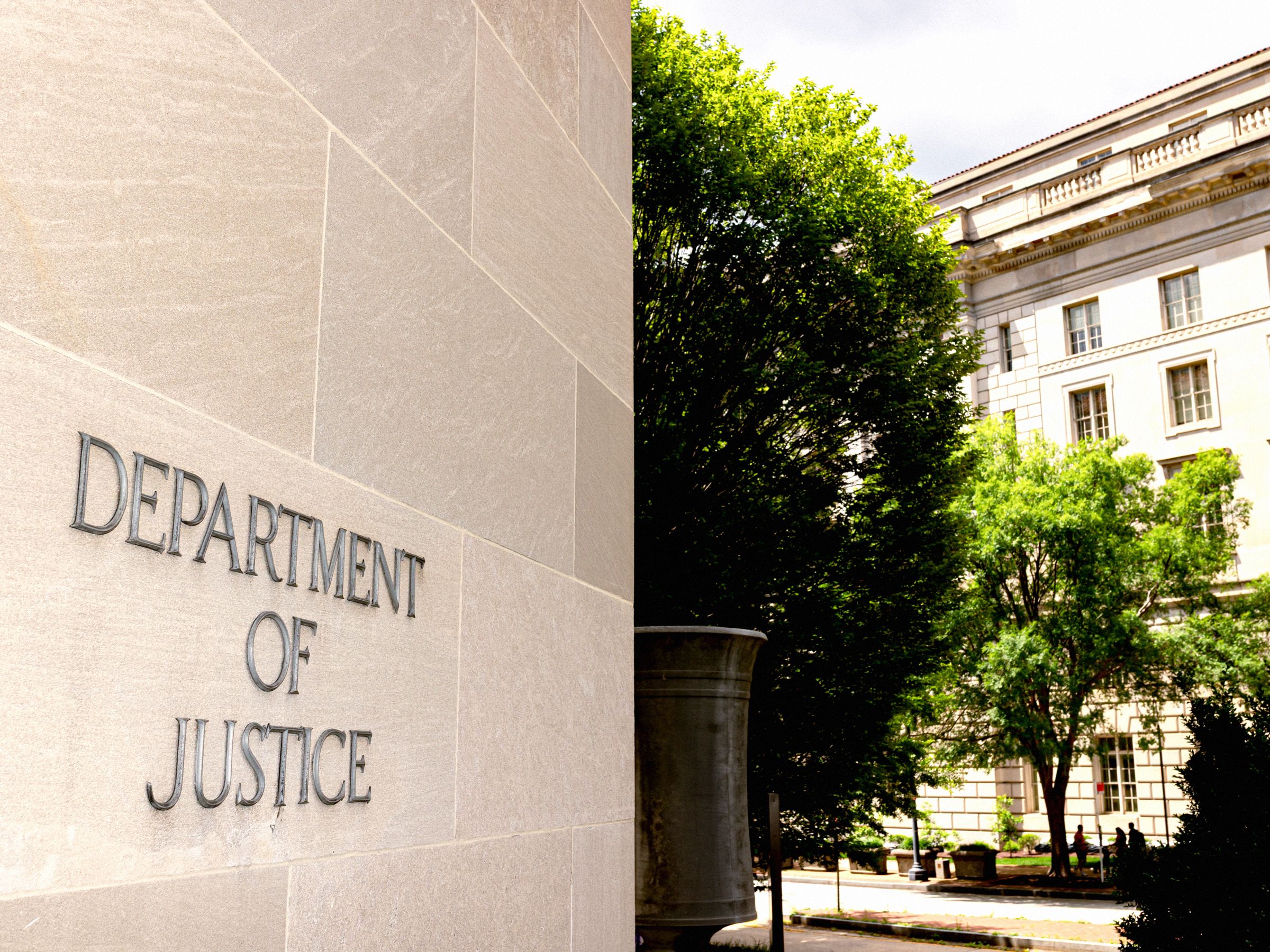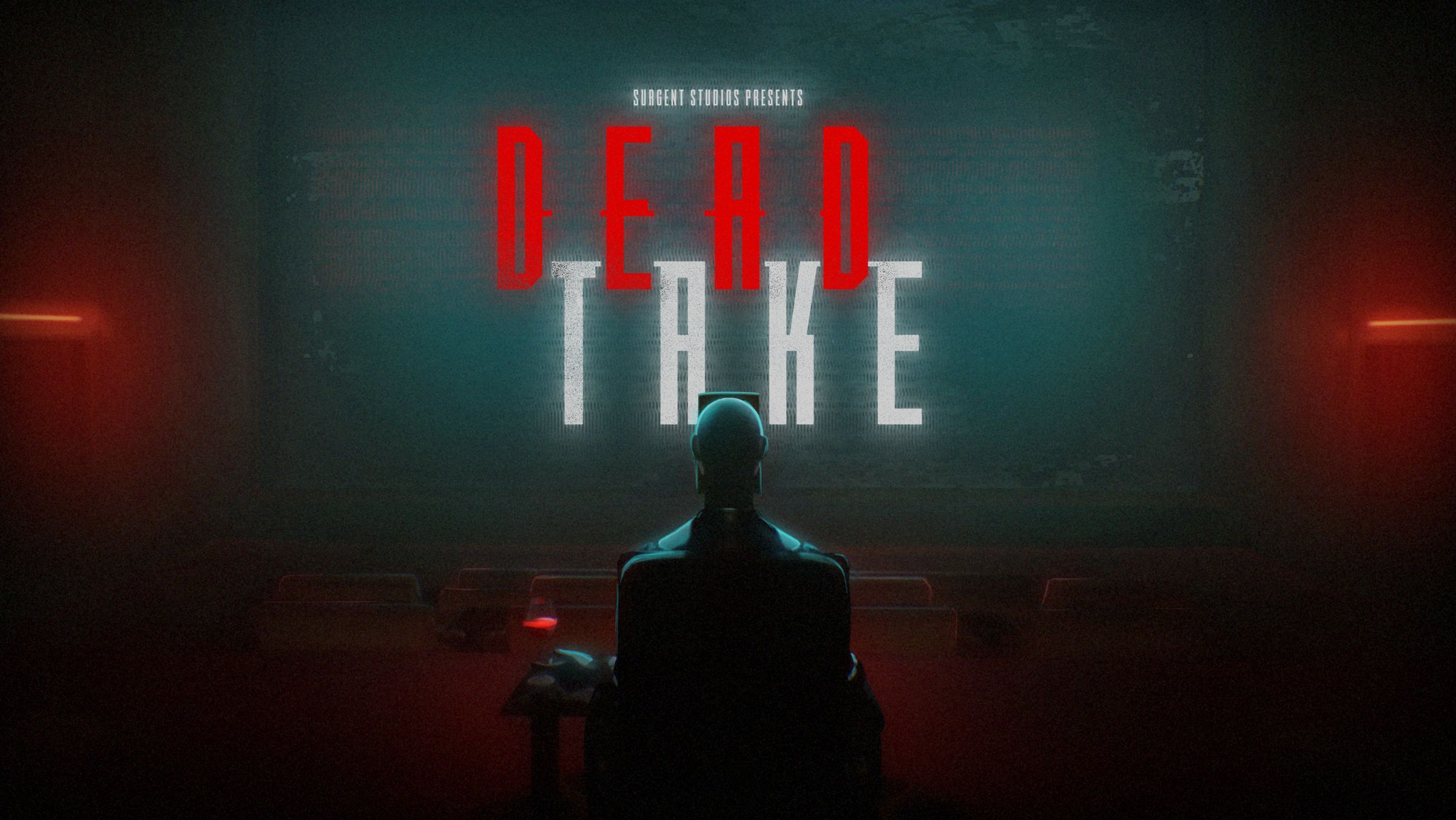Tornado Cash Developer Roman Storm Guilty on One Count in Federal Crypto Case
…

Tornado Cash Developer Roman Storm Guilty on One Count in Federal Crypto Case
Following months of legal proceedings, Roman Storm, the developer behind the popular privacy-focused Ethereum mixer Tornado Cash, has been found guilty on one count in a federal crypto case. The case centered around allegations of money laundering and non-compliance with financial regulations.
Storm’s defense team argued that Tornado Cash was designed to provide users with enhanced privacy and security, and that he had no intention of facilitating illegal activities. However, federal prosecutors presented evidence suggesting that the platform had been used to launder funds from illicit sources.
Despite the guilty verdict on one count, Storm and his legal team have vowed to appeal the decision, citing flaws in the prosecution’s case and highlighting the potential impact on privacy-focused projects in the crypto space. The outcome of the appeal could have far-reaching implications for developers and users of decentralized applications.
The case has sparked a debate within the crypto community about the balance between privacy and compliance with regulatory requirements. Some argue that projects like Tornado Cash are essential for protecting users’ identities and financial information, while others contend that they can be abused for illicit purposes.
As the legal battle continues, many are watching closely to see how the case will be resolved and what precedent it may set for future crypto-related prosecutions. In the meantime, developers and users of privacy-focused projects like Tornado Cash are advised to proceed with caution and stay informed about regulatory developments in the crypto space.
Overall, the case of Roman Storm serves as a reminder of the challenges facing developers and users of decentralized applications in an increasingly regulated environment. The outcome of this case could have a significant impact on the future of privacy-focused projects in the crypto space.






